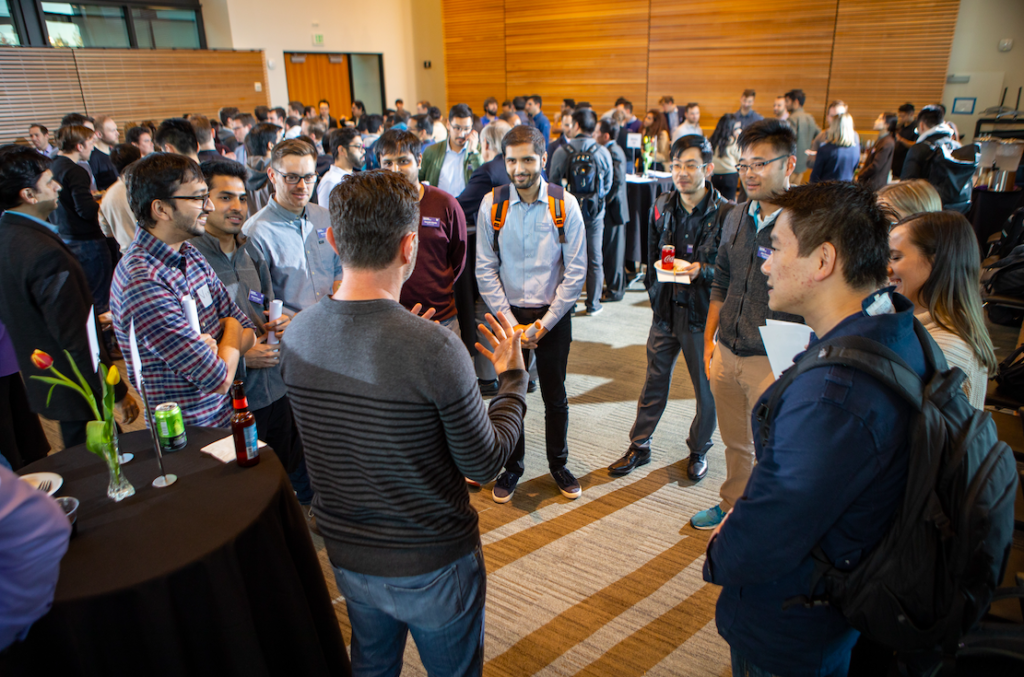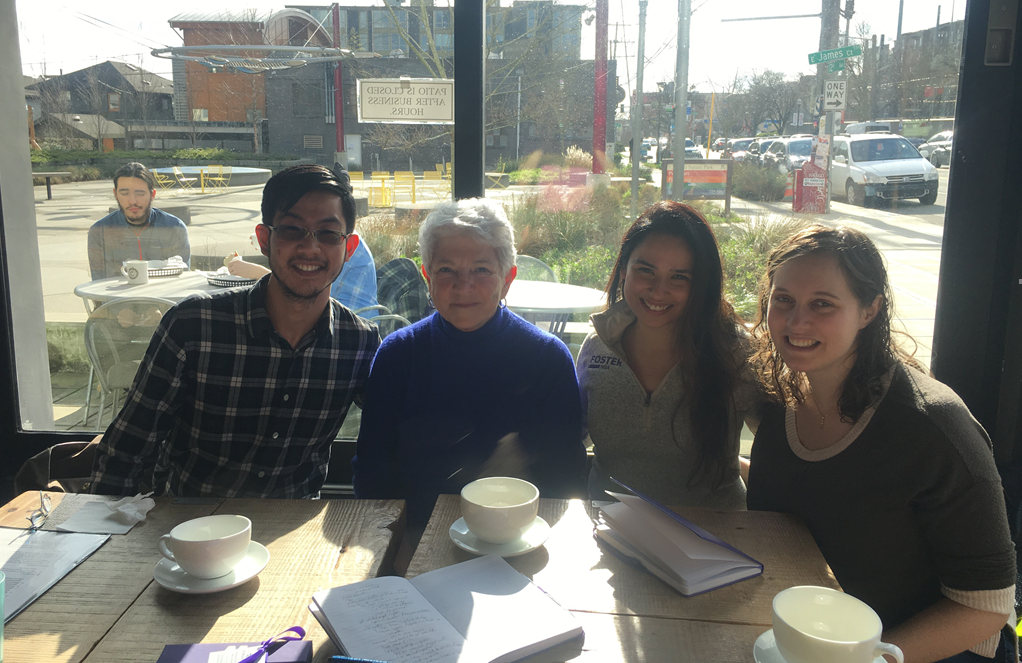MBA Mentorship Amid the Covid-19 Pandemic

The COVID crisis turned the economy and business world upside down in a way not seen since the Great Depression. In this chaotic and disorienting world, MBAs and Mentors revised assumptions about how the world works and developed tolerance for uncontrollable situations. The learning was transformational and our mentors played a key role. They helped MBAs interpret events, demonstrated ways to reframe startling experiences and develop contingency career plans without winging it or unnecessarily ruminating. Mentors did this in several ways:
Positive Reframing
Mentors checked in with their mentees and many had the opportunity to take proactive actions to help students interpret events as they unfolded while helping their mentees retain a sense of control. One mentee told us that her mentor,
“scheduled regular calls to check in with us, offering her support and guidance. She showed me how to appreciate the slower pace and encouraged me to establish a new routine to regain a sense of control amidst the constant change. She also changed my perspective about staying home with my parents.”
The need to regain a greater sense of control (through a new routine) was reiterated by other mentees, for example, “I loved that [my mentor] took the time to talk to me about every day things like working out, and what to do now that the gyms are closed.”
“She helped us envision the long term future and prepare us for being flexible and adaptive. The perspectives she shared personally helped me to be more grounded and strategic with my own career growth.”
Coaching on Ways to Adapt to Change
Second, mentors coached our MBAs, at the cusp of their careers, to adapt to change and think more flexibly about different contingencies and alternatives. One mentee noted, “I learned about the importance of having a plan, but remaining flexible once things inevitably changed, and the importance of patience was reinforced once the program changed due to the pandemic.”
Our mentees learned ways to navigate ambiguity, “She helped us envision the long term future and prepare us for being flexible and adaptive. The perspectives she shared personally helped me to be more grounded and strategic with my own career growth.”
And mentees learned how to adapt to the new reality, “he helped me strategize how I could make the most our of my virtual internship and still make lasting connections with my team virtually.”
Connection
Third, mentors helped their mentees connect. Mentees appreciated being linked with networks and resources for further career development,
“My mentor took the time to really understand our interests, then connected us with team members from different divisions within Microsoft and brought them in to speak with us almost every week during the quarter. I feel extremely lucky to have had him as a mentor this quarter and beyond.”

These ways of mentoring were virtual. Our mentors broadened their mentees’ exposure to larger parts of the organization demonstrating how their mentees’ career goals were viable and relevant.
Post-covid, mentoring continued online via Zoom, Microsoft Teams, Chime or just checking in via email or phone calls. What was important to our students was the consistency. “We continued to meet on a monthly basis and hosted conference calls and Zoom sessions once the shut down began. He never displayed any apprehension after we had to change the format of our meetings.”
Our mentors mobilized our MBAs to persevere at a time when the world tilted in unanticipated ways.
As one mentee explained, “He took the time to learn about me and my goals and gave me advice that was very honest. Hearing about the ways my career might be a bit different than I expected, but how I could still make it what I wanted was very helpful.”
The UW Foster community is extremely grateful to our mentors.
Colette Vogel
Director, UW Foster Mentor Program

